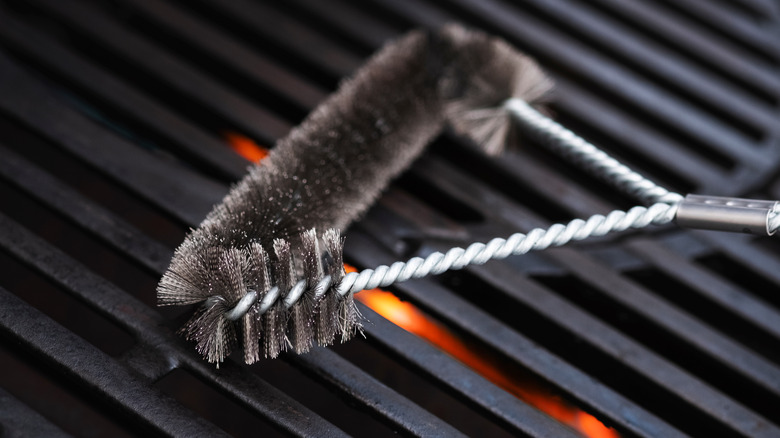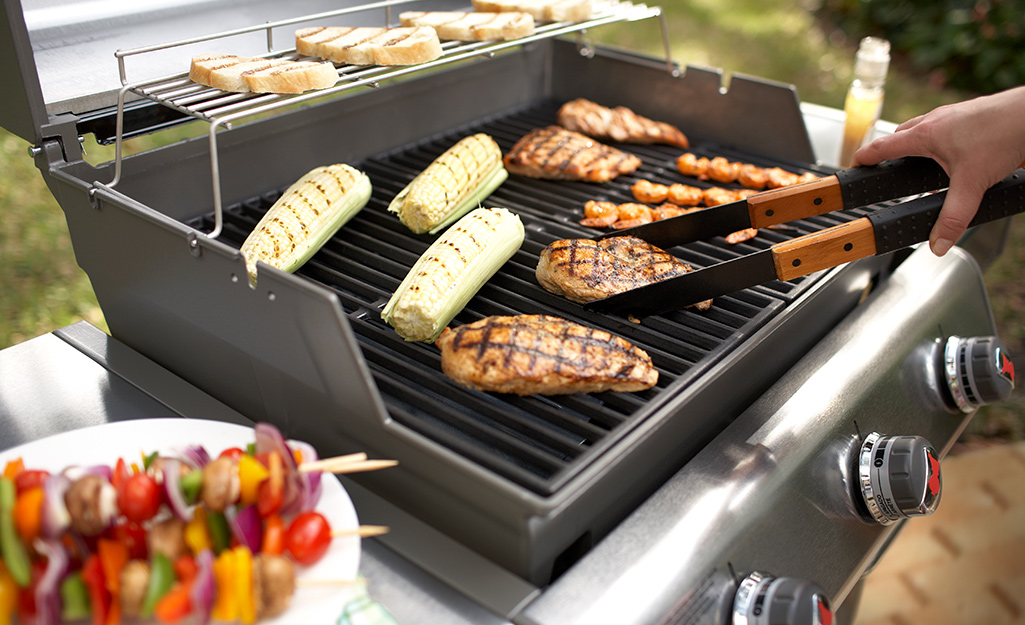4th of July Grilling on Grates: Tips for Barbecue Bliss
Written By James Morgan
The 4th of July is a time for celebration, and what better way to celebrate than with a barbecue? The art of grilling on grates is a tradition that brings family and friends together, creating memories over sizzling steaks and juicy burgers. Whether you're a seasoned grill master or a novice looking to perfect your skills, understanding the nuances of grilling on grates is essential for a successful cookout.

Choosing the Right Grates
Your choice of grill grates can make a significant difference in your grilling experience. Grill grates come in various materials, each with its own pros and cons. For instance, steel and iron grill grates offer different heat retention and durability properties. It's crucial to consider what works best for your grilling style and needs.
For those who prioritize ease of cleaning and excellent heat distribution, stainless steel grates might be the way to go. On the other hand, cast iron grates, known for their superior heat retention, are ideal for achieving those coveted sear marks. For more insights on which grates might suit your grilling needs, check out this comprehensive guide.
Preparing Your Grates
Before firing up the grill, it's essential to ensure that your grates are in top condition. Proper maintenance not only extends the life of your grates but also enhances the flavor of your food. Begin by cleaning the grates thoroughly. A wire brush can help remove any residual food particles and debris. For a more detailed cleaning approach, explore this step-by-step guide.
After cleaning, seasoning your grates is the next crucial step. Seasoning not only prevents food from sticking but also imparts a distinct flavor to your grilled items. To season your grates, coat them with a high smoke point oil, such as canola or peanut oil, and heat them until they reach a high temperature.
The Grilling Process
With your grates cleaned and seasoned, you're ready to start grilling. Temperature control is key to achieving perfectly cooked meats. Begin by preheating your grill to the desired temperature. This step ensures even cooking and helps in attaining those perfect grill marks.
When placing meats on the grill, avoid overcrowding. This allows for proper airflow and even cooking. For tips on achieving the best results, consider reading this grilling season prep guide.
Experimenting with Flavors
The 4th of July is a perfect opportunity to experiment with different marinades and rubs. Whether you're a fan of smoky barbecue flavors or prefer a spicy kick, there's a world of options to explore. Try incorporating seasonal ingredients like fresh herbs and citrus to add a unique twist to your dishes.
Additionally, using wood chips can elevate your grilling game by infusing your meats with a rich, smoky aroma. Choose from a variety of wood types, such as hickory, mesquite, or applewood, to complement the natural flavors of your meat.
Safety First
While grilling is enjoyable, it's important to prioritize safety. Always keep a close eye on your grill, and never leave it unattended. Ensure you have a fire extinguisher nearby and be aware of the wind direction to prevent any accidents.
Moreover, using a meat thermometer is a reliable way to ensure your meats are cooked to perfection. This tool helps in avoiding undercooked or overcooked meals, ensuring food safety and delicious results.
Perfecting Presentation
The final step in your grilling journey is presentation. A beautifully arranged platter not only enhances the dining experience but also showcases your grilling skills. Consider garnishing your dishes with fresh herbs or colorful vegetables to add a touch of elegance.
For more inspiration on making your grilled dishes stand out, explore this insightful article.

FAQs
What type of grill grate is best for beginners?
Stainless steel grates are often recommended for beginners due to their durability and ease of maintenance.
How often should I clean my grill grates?
It's advisable to clean your grill grates after each use to maintain their condition and prevent the buildup of residue.
Can I use olive oil for seasoning grill grates?
While olive oil can be used, oils with a higher smoke point, such as canola or peanut oil, are preferred for seasoning grill grates.



